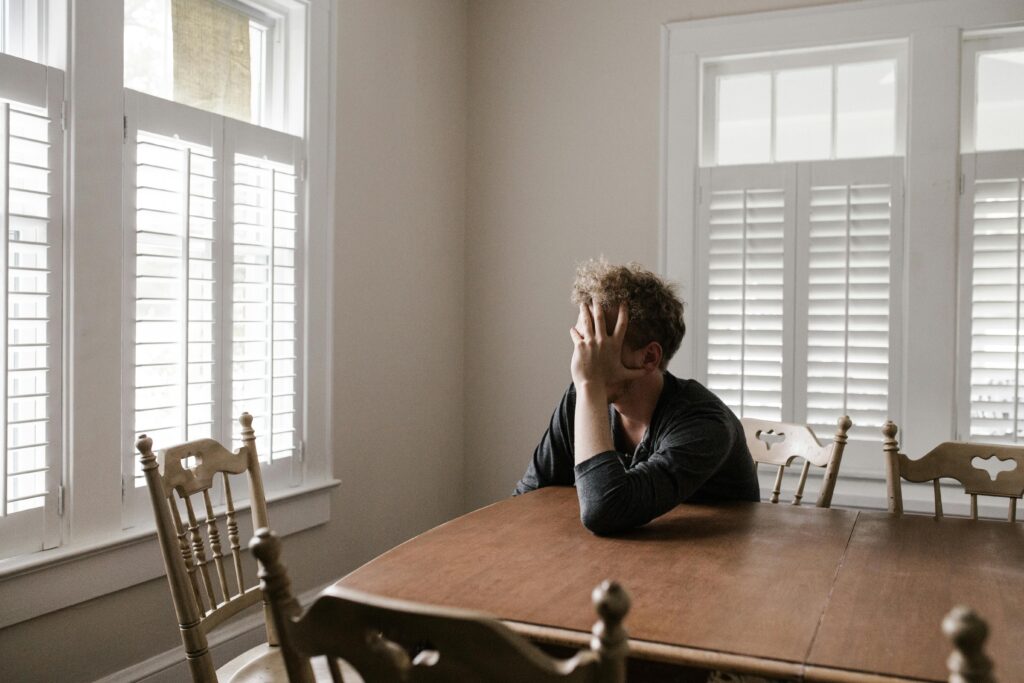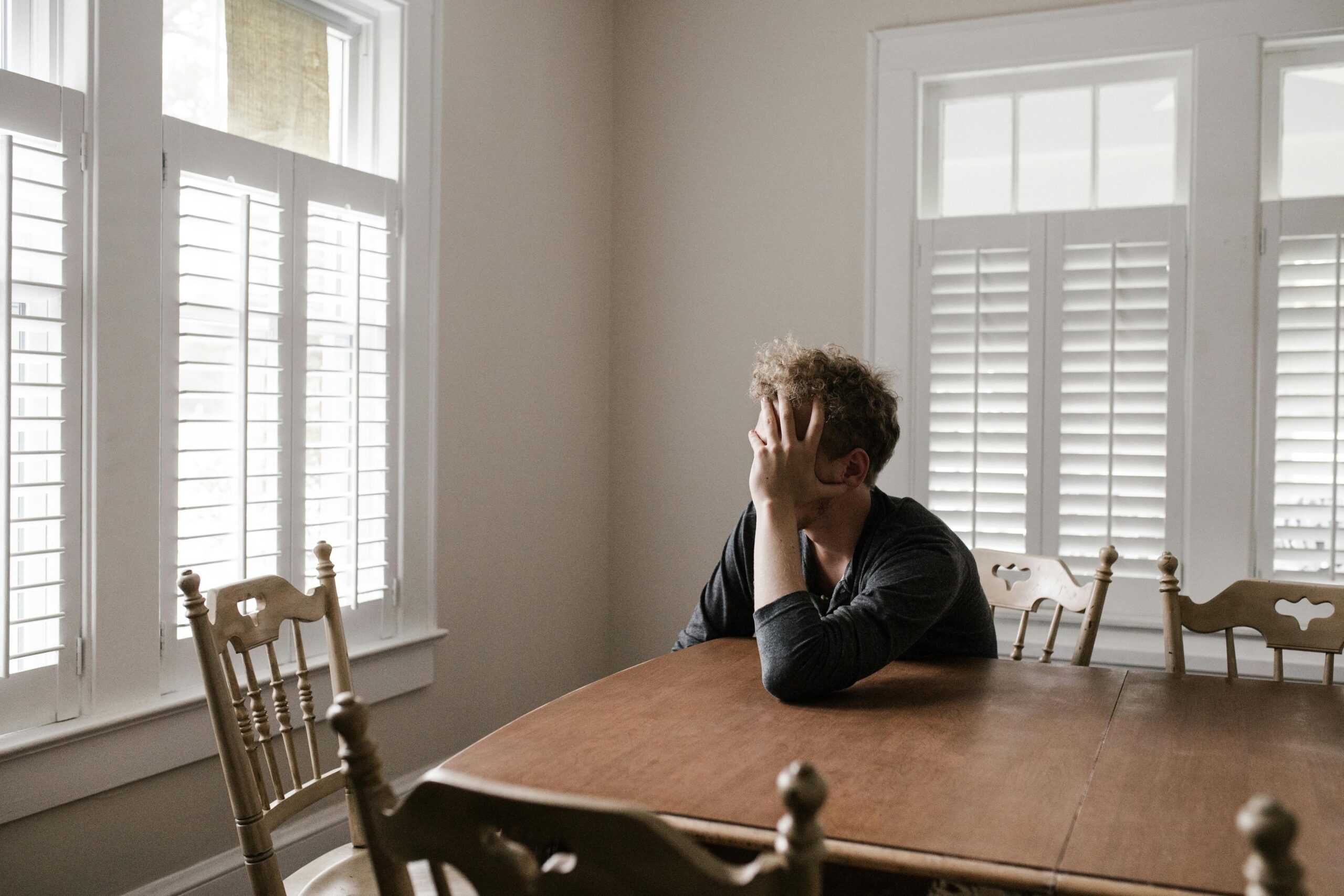Depression is more than just feeling sad or down; it can manifest in various physical ways, including extreme fatigue. Many people (and probably you) ask, “Can depression make you tired?” The answer is yes – absolutely. Fatigue is one of the most common symptoms of depression, and it can significantly impact daily life. At IntegroRecovery Clinic in Edina, MN, we focus on understanding how depression affects both mental and physical well-being. In this blog post, we’ll explore why depression makes you tired, the signs to watch for, and how to manage it.
Can Depression Make You Tired?
Yes, depression can make you tired. The fatigue associated with depression is not the usual tiredness that comes after a long day. Instead, it is a pervasive and overwhelming exhaustion that can make even basic tasks feel difficult. This tiredness can last for weeks or months and may persist even with enough sleep or rest.
Why Does Depression Cause Fatigue?
The link between depression and fatigue is complex and involves multiple factors. Here’s why depression can make you tired:
Changes in Brain Chemistry
Depression affects neurotransmitters in the brain, such as serotonin, dopamine, and norepinephrine. These chemicals regulate mood, energy levels, and alertness. When depression disrupts their balance, fatigue is a common result.
Hormonal Imbalances
Depression can lead to increased levels of cortisol, the body’s primary stress hormone. High cortisol levels can disrupt sleep and contribute to chronic tiredness. This hormonal imbalance is one reason why many people with depression feel exhausted even after a full night’s sleep.
Sleep Disturbances
Sleep issues are common in people with depression. Insomnia and hypersomnia (sleeping too much) can both contribute to feelings of fatigue. Sleep disturbances make it difficult for the body to restore energy, leading to persistent tiredness throughout the day.
Mental and Emotional Exhaustion
Constant worry, negative thinking, and low motivation—all hallmarks of depression—can drain mental energy. This emotional toll makes it difficult to stay active and alert, contributing to overall fatigue and toll on your mental health.
Signs That Depression-Related Fatigue Is Affecting You
Recognizing the signs of depression-related fatigue is the first step toward managing it. Here are some common indicators:
- Feeling Exhausted Despite Rest: You may find that even after a full night’s sleep or rest, you still feel fatigued.
- Low Energy Throughout the Day: Tasks that were once easy, like getting dressed or making a meal, may feel overwhelming.
- Difficulty Concentrating: Mental fatigue can make it hard to focus, affecting productivity and daily functioning.
- Frequent Naps or Sleeping More Than Usual: Sleeping more than usual but still feeling tired can be a sign of depression-related fatigue.
- Physical Weakness: Fatigue can lead to muscle aches and a general feeling of physical weakness.
How to Manage Fatigue Caused by Depression
Managing fatigue caused by depression involves a comprehensive approach. Here are some strategies to consider:
Seek Professional Help
If depression and fatigue are interfering with your life, professional treatment is essential. At IntegroRecovery Clinic in Edina, MN, we offer tailored therapy and treatment plans to address the physical and emotional aspects of depression.
Cognitive Behavioral Therapy (CBT)
Cognitive Behavioral Therapy is an effective way to challenge negative thought patterns and improve energy levels. CBT helps patients develop better sleep hygiene, manage stress, and build habits that support mental and physical health.
Medication Management
Antidepressants and other medications can help balance brain chemistry and alleviate both mood-related and physical symptoms of depression. Our team at IntegroRecovery Clinic works with patients to find the right medication plan that suits their needs.
Regular Exercise
Exercise releases endorphins, which boost mood and energy levels. Regular physical activity, even light exercise like walking, can help combat depression-related fatigue. It may feel hard to start, but gradual increases in activity can make a difference over time.
Prioritize Sleep Hygiene
Good sleep hygiene can help manage the sleep disturbances that contribute to fatigue. This includes:
- Keeping a consistent sleep schedule
- Limiting screen time before bed
- Creating a calming bedtime routine
- Ensuring a comfortable sleep environment
Nutrition and Hydration
A balanced diet can also play a role in managing depression-related fatigue. Foods rich in nutrients like protein, vitamins, and healthy fats support overall energy levels. Staying hydrated can prevent the sluggishness that comes from dehydration.
Is It Just Fatigue or Something More?
While fatigue is a common symptom of depression, it’s essential to ensure there aren’t other underlying conditions contributing to tiredness. Medical issues like thyroid disorders, chronic fatigue syndrome, or anemia can also cause persistent tiredness. If you experience severe or unexplained fatigue, consider consulting with a healthcare professional for a comprehensive evaluation.
How Depression-Related Fatigue Affects Daily Life
Fatigue from depression can make it difficult to engage in everyday activities. It can strain relationships, decrease productivity, and limit social interactions. When untreated, depression and its related fatigue can worsen, impacting overall quality of life. This makes it important to seek treatment early and adopt habits that promote both mental and physical health.
Why Choose IntegroRecovery Clinic for Depression Treatment in Edina, MN?
At IntegroRecovery Clinic, we specialize in treating depression and the fatigue that comes with it. Our comprehensive approach includes:
- Individualized Treatment Plans: We tailor our plans to meet the unique needs of each patient.
- Evidence-Based Therapies: Our team uses proven methods like CBT to address both mental and physical symptoms.
- Medication Management: We work closely with patients to find the most effective medication for managing depression.
- Holistic Care: Our approach includes guidance on lifestyle changes to support overall well-being.
- External Resources: Our approach is more than just our services. We have partnered with the best of the best locally, as well as direct patients to continue education efforts through major associations such as SAMHSA or the APA.
Take the First Step Towards Recovery
If you’re struggling with depression and persistent fatigue, know that help is available. IntegroRecovery Clinic in Edina, MN, offers compassionate care and effective treatments to help you regain your energy and improve your quality of life. Contact us today to schedule an initial consultation and start your journey toward better mental health.




Comments are closed